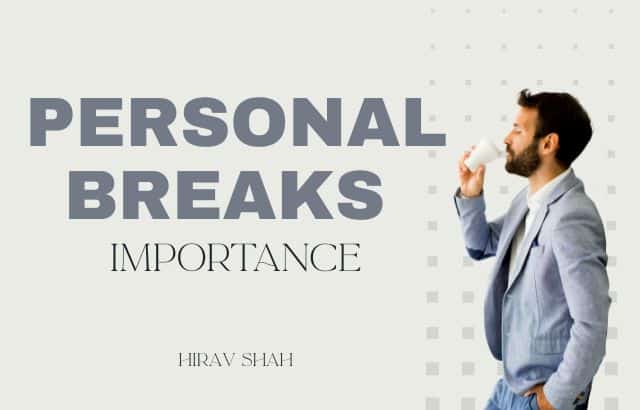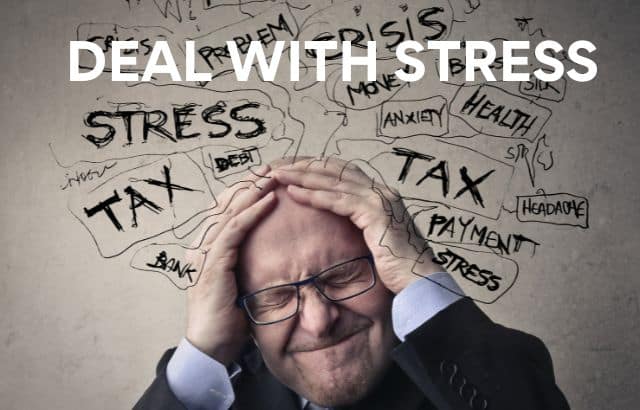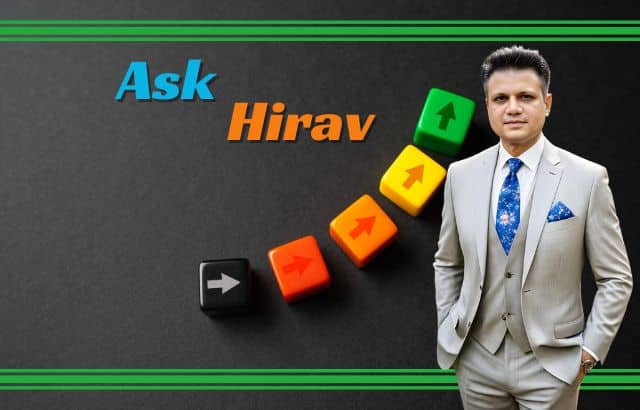Where we’re all constantly on the go, it’s easy to forget that taking a break is just as important as working hard. Whether you’re juggling work, personal life, or both, personal breaks are essential for keeping everything in balance. Hirav Shah, a top business strategist, emphasizes the importance of stepping away from it all—not just for your mental well-being, but also for your overall success.
Taking personal breaks isn’t about being lazy; it’s about giving yourself the time to recharge, refocus, and reflect. It’s these moments of pause that allow us to grow, learn from our mistakes, and build resilience. Let’s dive into why breaks are crucial and how they can impact your life, with some real-world examples from Hirav Shah’s experiences.
Table of Contents
1. Freedom from the Past: Letting Go of What Holds You Back
It’s easy to let past mistakes or regrets hold you down. The more you dwell on them, the less you’re able to move forward. Hirav Shah, who’s worked with countless entrepreneurs, understands that unresolved past events can cloud judgment and stunt personal growth.
Example:
Imagine an entrepreneur who faced a product launch failure. They keep replaying the scenario in their mind, which prevents them from seeing new opportunities. By taking a personal break—whether that’s a few days off or just stepping outside for a walk—they can clear their head. This brief mental reset helps them break free from the emotional weight of the past and approach new challenges with fresh eyes.
When you take a step back, you gain the mental clarity to move forward without being tied down by what happened before.
2. Overcoming Stress and Anxiety: The Power of Pause
Stress is a common issue we all deal with, and it can sneak up on you before you realize it. The constant pressure to perform, meet deadlines, and solve problems can be overwhelming. Hirav Shah often tells his clients that continuous stress isn’t just mentally exhausting—it can also affect physical health, relationships, and business performance.
Example:
Picture a CEO running a fast-growing company. They’re constantly putting out fires, managing teams, and dealing with urgent matters. Over time, this creates an emotional and physical toll. They start feeling burnt out, anxious, and make poor decisions.
A personal break can help. Whether it’s taking a day off to meditate, doing yoga, or just getting away for a weekend trip, stepping away from the chaos allows the mind and body to recover. After a break, this CEO returns to work with a clearer mindset, ready to lead with renewed energy.
Quick Tip:
Studies show that taking a 10-15 minute break every 90 minutes can help lower stress and improve focus. Try the Pomodoro Technique—work for 90 minutes, then take a short break to reset your mind. This helps you stay productive without burning out.
3. Making Positive Changes in Life: Reflection and Growth
Personal breaks are not just for relaxation—they’re also essential for self-reflection. Life moves fast, and without taking a step back, it’s hard to assess whether you’re on the right path. Hirav Shah has worked with many business leaders who felt stuck or unsure of their direction. A simple break helped them realize they needed to make changes.
Example:
Think about a business executive who’s been working tirelessly but feels unfulfilled. They’re unsure if their career path is still right for them. After a weekend break, they come back with the clarity to pivot their career or business strategy. This break gave them the space to evaluate their life and make decisions that align more closely with their values and goals.
Taking a break allows you to reflect on your life and reassess your direction. Sometimes, we’re so busy that we forget to ask ourselves: Is this really the path I want to be on?
4. Accepting Your Failures and Moving Forward
Failure is a natural part of life. We all fail at something—be it a business venture, a personal goal, or a relationship. But failure isn’t the end; it’s an opportunity to learn and grow. Hirav Shah believes that accepting failure and moving forward is crucial to success.
Example:
Imagine a startup founder who poured their heart and soul into a product that didn’t succeed. They could easily get stuck in the disappointment and regret, letting the failure define them. Instead, by taking a short break—perhaps to clear their head, gain a fresh perspective, or just reset—the founder returns with the resilience to move forward, analyze what went wrong, and adjust their approach for future success.
In Hirav Shah’s experience, embracing failure and using it as a stepping stone is the key to long-term success. Taking a break is a powerful way to help you let go of past setbacks and refocus on the road ahead.
Hirav Shah’s Take on the Role of Breaks in Business Strategy
As a business strategist, Hirav Shah has seen firsthand how personal breaks can influence a company’s trajectory. Entrepreneurs and business leaders often get caught up in the day-to-day grind, but taking a step back to recharge can be a game-changer for decision-making and strategic planning.
Example from Hirav Shah’s Experience:
Hirav worked with a tech company whose leadership team was overwhelmed by the demands of rapid growth. They were making quick decisions, but many were reactive rather than strategic. Shah recommended they take a step away from the business for a short retreat. During that break, they gained new perspectives, which led to a much more thoughtful and innovative strategy that resulted in a 30% increase in sales over the next quarter.
When leaders take breaks, it not only benefits their own well-being but also enhances their ability to think strategically, plan effectively, and make more informed decisions for the business.
FAQs About Personal Breaks
1. How often should I take breaks?
Ideally, you should take small breaks every 90 minutes to stay fresh and avoid mental fatigue. Bigger breaks, like a weekend or a vacation, should be scheduled every few months to give you the space you need to fully recharge.
2. How do breaks help with productivity?
It might seem counterintuitive, but taking breaks actually boosts productivity. When you take a break, you’re allowing your brain to rest, which helps improve focus, creativity, and decision-making when you get back to work.
3. What kind of breaks are best for mental health?
The best breaks are those that allow you to disconnect from work. A walk in nature, a meditation session, or even a few hours of relaxation without distractions can work wonders for your mental health.
4. How can I take breaks without feeling guilty?
Remember that breaks are an investment in your well-being and productivity. If you take regular breaks, you’ll be more effective when you’re working. Think of it as recharging your batteries so you can give your best when you’re on the job.
In Conclusion: Why Breaks Are Essential for a Balanced, Successful Life
Taking personal breaks isn’t a luxury—it’s a necessity. Whether it’s for freeing yourself from past mistakes, overcoming stress, embracing failure, or making positive changes, breaks give you the space to grow and thrive. As Hirav Shah highlights, breaks are essential not only for personal well-being but for the long-term success of your career or business.
If you’re feeling stuck or overwhelmed, don’t underestimate the power of a break. Give yourself the gift of time to reset, reflect, and return with a clearer, more focused mindset. Success isn’t just about working harder; it’s about knowing when to step back and recharge so you can come back stronger.
Hirav Shah often says, “True success comes when you balance hard work with moments of reflection and rest.” So, take that break—your future self will thank you for it!

















